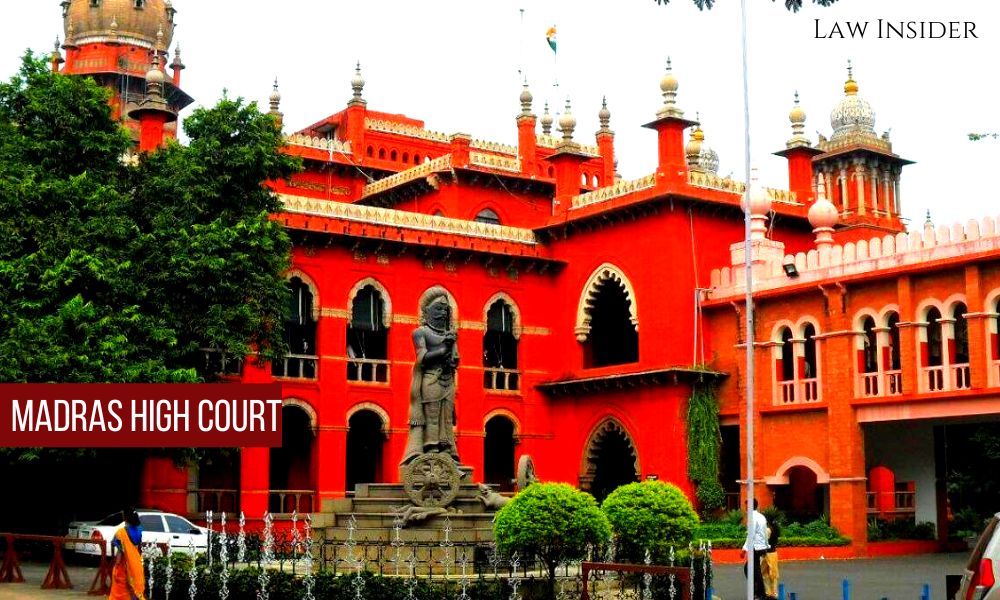LI Network
Published on: 30 January, 2024 at 09:00 IST
In a recent ruling, the Madras High Court clarified that the calculation of the limitation period under Section 468 of the Criminal Procedure Code (CrPC) should be based on the date of filing the final report, not the date of FIR registration.
Justice Anand Venkatesh highlighted that in cases originating from an FIR, the Magistrate takes cognizance upon receiving the final report, and the FIR itself is merely information for the police authorities, not a formal complaint triggering cognizance.
The Court addressed this matter while hearing a plea requesting a transfer of an investigation due to the police’s failure to complete it. Another case sought to quash the FIR, arguing that the absence of a final report barred taking cognizance.
During the proceedings, the Additional Public Prosecutor informed the court that while the final report was filed in the first case, it occurred beyond the limitation period. Consequently, the court did not take cognizance and issued a notice to the accused.
The Court referenced a previous decision in Kishore v. State, where it was argued that no condonation was necessary since the complaint was lodged within the limitation period.
However, Justice Venkatesh disagreed, stating that the single judge had misunderstood Section 154 of the CrPC as a complaint under Section 9(d).
The Court emphasized that Section 154 of the CrPC deals with the “information” provided to the police for FIR registration, distinguishing it from a “complaint,” which can only be made to the court, not to a police officer.
In reviewing the Supreme Court decisions in Sarah Mathew v Institute of Cardio Vascular Disease and Arun Vyas v Anita Vyas, Justice Venkatesh noted that the relevant date for the limitation period is the filing date of the final report. The court pointed out that the Sarah Mathew decision pertained to a complaint made to the magistrate under Section 190(1)(a), not a police report.
Consequently, the Court concluded that the earlier reliance on Sarah Mathew in a single-judge decision was incorrect. In one case, the Court directed the Magistrate to grant a hearing to the accused and dispose of the petition within six weeks. In the second case, where no final report had been filed within the stipulated three years, the court quashed the FIR, deeming its continuation purposeless.
Case Title: A. Kaliyaperumal v. The Superintendent of Police

